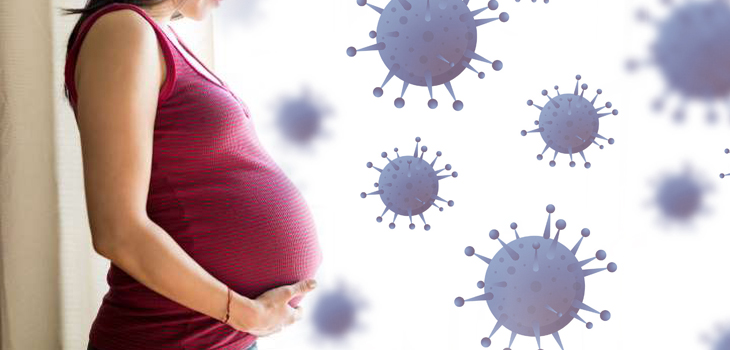
Coronavirus or COVID-19 is an infectious respiratory disease that has turned into a global pandemic and has been spreading from people-to-people through respiratory droplets when an infected person coughs or sneezes. As the virus has a slow rate of decay people who touch surfaces or objects with viruses on them are at risk of being infected when they touch their mouth, nose, and eyes later. Sometimes infected people may not show immediate symptoms of illness; however, they are able to spread the virus to other people, through direct or indirect contact. Thus, it becomes necessary to take preventive measures such as maintaining social distance and regularly washing or
sanitizing the hands with soap or hand sanitizer.
Coronavirus like all virus of similar type such as SARS, MERS, etc. poses a high risk to people with weaker immune system or distracted immune system such as those with older age, severe medical condition and pregnant women. Thus, it is very essential for people coming under this group to be very cautious and take necessary preventive steps to avoid getting infected.
As COVID-19 is a new virus, there isn’t much data available on its behavior and effect on pregnant women and babies, however researchers have been able to find and predict a few of the patterns through past data collected from viruses of a similar type such as SARS and MERS. The following is a list of information that pregnant women should know:
Are women with pregnancy at high risk of getting infected?
Present data is not enough to determine the level of risk COVID-19 poses to pregnant women and has been said to be the same level as any average healthy adult; but based on past data collected from a virus of a similar type, pregnant women are at a high risk of getting infected since the immune system is less quick in responding to infection during this period.
While the disease may show symptoms in the form of mild or moderate flu, they are at risk of developing severe symptoms such as pneumonia and high fevers which can lead to devastating results such as birth defects, miscarriage, and stillbirth. Thus, it is necessary to be in constant touch with the healthcare provider when showing the slightest sign of infection.
Will the infection be transmitted to the baby?
The good news is that there has been no virus detected in amniotic fluid, cord blood, placenta tissue or breast milk and currently it is assumed that there is no vertical transmission of the virus from mother to fetus. Although, at least two cases of possible vertical transmission have been reported, it remains unclear if the newborns with COVID-19 were infected after birth or were born with the infection.
Will the infection affect pregnancy?
In some cases mothers with COVID-19 infection have given birth prematurely, but the total number of such cases is very low to determine if the infection has caused early labor or if it was recommended to carry delivery sooner to preserve the mother’s health.
How to prevent or reduce of getting in infected?
As there is no vaccine or treatment available to cure people infected with COVID-19 in the present time taking preventive measures is the only way to ensure safety from this pandemic. The following is a list of methods to prevent getting infected from COVID-19:
- Practise social distancing both at home and outside. It is even better to avoid going outside if possible.
- Wash hands frequently.
- Use a tissue when coughing or sneezing and safely discard them in the trash can, also remember to disinfect hands later.
- Avoid contact with people showing symptoms of the infection.
- Avoid places with large and small gatherings such as markets, malls, restaurants or other enclosed spaces since infection can spread easily in these places.
- Avoid using public transport unless necessary.
- Use telephone or online services to order essential services.
- Don’t attend gatherings of friends or family and recommend them not to in this period.
- Work from home if possible.
- Use a face mask both at home and outside.
- Be in touch with your healthcare provider and not hesitate to inform them if there is the slightest sign of infection.
- Try not to touch your face, eyes, nose, and mouth as much as possible.
